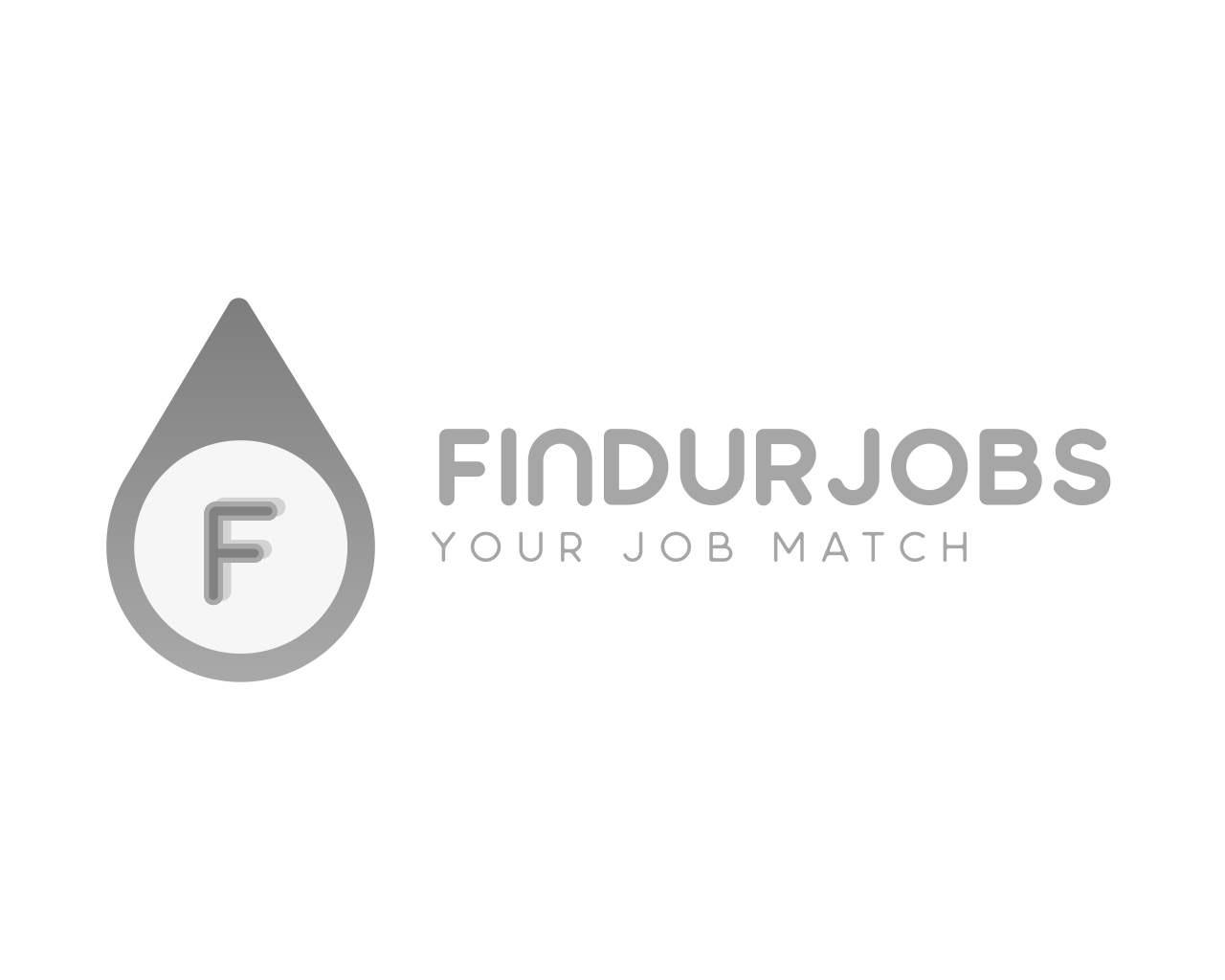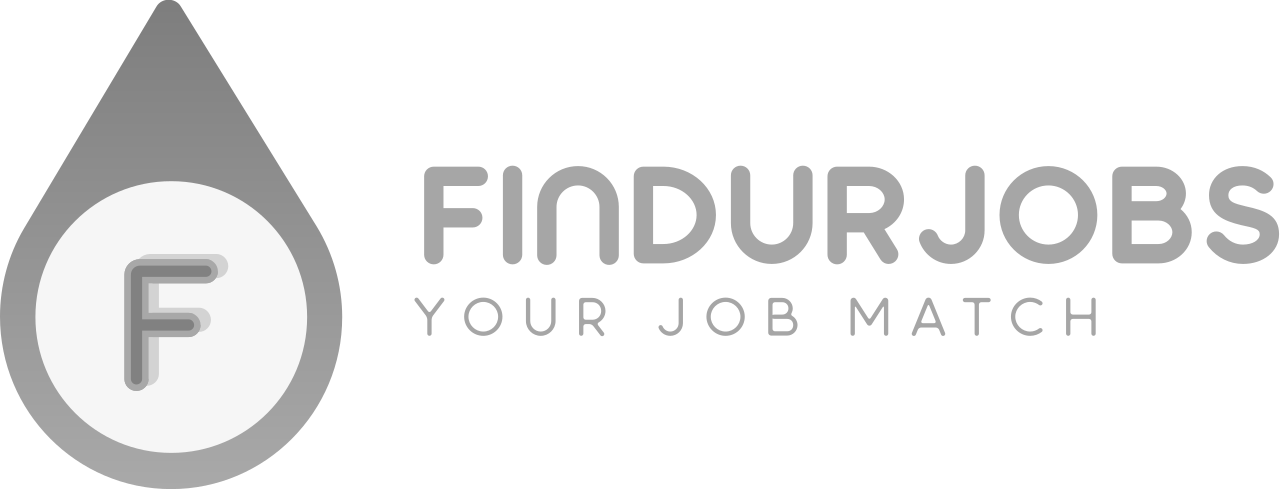Technology
Here’s Why Logistics And Supply Chains Are Ripe For Technology Disruption
The Covid-19 emergency opened numerous eyes across the world to the significance of adding however much insight as could be expected to our production network and coordinations organizations. Supply affixes were extended as far as possible and upset by deferrals, and coordinations suppliers were overbooked and exhausted. Some way or another, luckily, the framework held together.
What we’ve discovered is this is a zone that is asking for interruption. Innovation activities like the Internet of Things, versatile applications, man-made reasoning, and conceivably blockchain innovation guarantee to redo the coordinations area.
To put it plainly, likewise with every other person, coordinations organizations are turning out to be programming and information organizations. This implies bunches of chances for innovation experts just as business visionaries looking to make their own engravings in transit merchandise and ventures are conveyed.
Scott Surredin, North America CEO of DHL Supply Chain, has been watching these chances unfurl firsthand, and concurs this is an area ready for significant disturbance. The business “has pulled in a ton of consideration from business visionaries, trend-setters and innovation financial backers who are seeing freedoms to disturb the business,” he says. “Coordinations is an industry that can possibly profit by innovation, because of the way that numerous organizations actually utilize a ton of manual cycles in their tasks,” he says. Moreover, “there is a tremendous measure of information created — frequently prepared wastefully — and there is a ton of failure, both in the usage of limit and in regions like the last-mile.”
While disturbing an industry with monstrous armadas of trucks, prepares, planes and ships is definitely not a short-term measure — “we don’t feel that it will be not difficult to on a very basic level upset the area with innovation – because of cost pressure and the tremendous number of factors in any store network,” Surredin says — innovation will surely overturn the conventional ways business has been finished. “We unequivocally trust in the force of innovation to fundamentally support profitability, increment proficiency and give organizations better perceivability and guaging capacity,” he says.
DHL itself has made a guarantee to put more than $300 million in arising advances in North America alone, Surredin adds. Advances like cloud, AI, computerized will help support organizations in this space. “Man-made brainpower can affect organizations’ inventory chains both straightforwardly and by implication,” he says. “Straightforwardly, it can empower them to more readily examine the tremendous measures of information that are created inside any production network and give improved determining capacity, which thus permits them to enhance stock levels and decrease special cases. By implication, it can give the stage on which new advances – like community mechanical technology and self-ruling vehicles – can work and consistently improve their exhibition and adequacy.”
There isn’t only one specific innovation that will be changing coordinations and supply chains — there are in any event 14, Surredin adds. Zones with the most significant level of profitability enhancements for DHL are communitarian mechanical technology, self-sufficient vehicles and computerized reasoning, he notes. “Community advanced mechanics, specifically, has just permitted us to accomplish significant profitability upgrades in our clients’ activities, lessening time spent by partners on daily schedule or truly requesting undertakings and moving around distribution centers, which likewise improves security.” Additional advantages incorporate “diminishing manual mistakes, expanding pick rates and in any event, bringing onboarding times for fresh recruits down from half a month to only two days.”
DHL has additionally extended its utilization of LocusBots, which are self-sufficient robots able to do truly difficult work, and intended to have more than 1,000 in activity across 12 locales in North America, he proceeds.
The area is additionally seeing new kinds of plans of action developing also. “Perhaps the greatest driver of progress inside our area is web based business, both regarding retail and furthermore the utilization of web based business in different areas,” Surredin says. “For instance, in mechanical areas, where a few makers are beginning to sidestep merchants and different go-betweens with direct-to-buyer contributions.”
This is reshaping the production network, “with the profile of SKUs changing — typically decreasing and more shifted — and clients being tested to execute omnichannel methodologies to serve their clients through various channels,” he proceeds. He likewise is seeing the ascent of computerized cargo stages, “which can possibly build the effectiveness of cargo transport by associating more accessible limit with transporters and improving use.”
The store network and coordinations area is as of now fundamentally unique in relation to 3-5 years back,” Surredin says. “We see higher paces of sending of innovation across all areas, and this is being quickened by the way that different advances are getting further developed, more open and better incorporated with different advances. This implies that more arrangements are getting interoperable, for example, cooperative advanced mechanics that can speak with one another across various exercises.”
Online business “has likewise changed the profile of shipments, decreased normal group estimates, and changed transportation organizations – by expanding the measure of direct-to-customer arranges and moving organizations to embrace omnichannel,” he adds. “This has made innovation considerably a greater amount of an objective, as organizations look to make their stock chains more adaptable, responsive and proficient, while additionally tending to the test of the work lack that we have found in the warehousing and transportation areas.”

